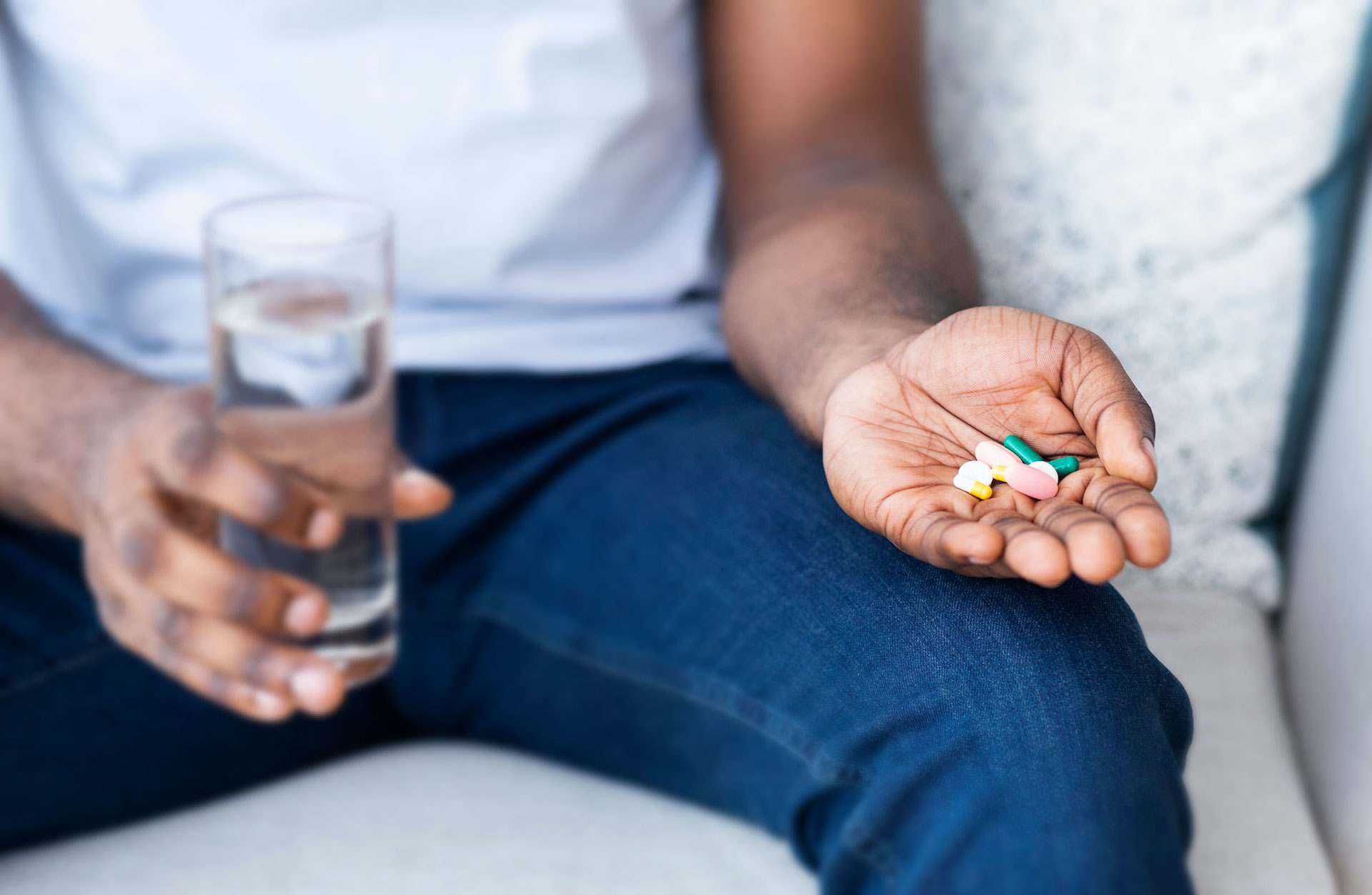When prescribed amoxicillin for a bacterial infection, it’s natural to wonder if you can still enjoy a drink or two. Amoxicillin is a commonly used antibiotic that helps treat various infections, from respiratory tract illnesses to dental and urinary tract infections. However, questions about mixing antibiotics and alcohol are common, and for a good reason.
What Is Amoxicillin?
Amoxicillin tablet is a type of penicillin antibiotic that works by inhibiting the growth of bacteria, effectively treating infections caused by bacteria. It is commonly prescribed to treat conditions like:
- Sinus infections
- Ear infections
- Throat infections (such as strep throat)
- Respiratory tract infections (like bronchitis)
- Urinary tract infections
- Dental abscesses
Amoxicillin is effective because it prevents bacteria from building cell walls, which is essential for their survival. Without the ability to form cell walls, bacteria cannot grow and multiply, helping your body to fight off the infection.
Can You Drink Alcohol While Taking Amoxicillin?
The short answer is that alcohol does not directly interact with amoxicillin, meaning that having a drink or two will not usually render the antibiotic ineffective. However, it’s not always a straightforward yes-or-no situation. Several factors need to be considered before deciding to mix amoxicillin and alcohol, including the potential impact on your body’s ability to heal, side effects, and specific circumstances that may lead to adverse reactions.
Other Dosages of amoxicillin: Cipmox 500 mg
Why Mixing Amoxicillin and Alcohol Might Not Be a Good Idea
Even though there’s no direct chemical interaction between alcohol and amoxicillin, there are still reasons why it’s recommended to avoid drinking while taking antibiotics. Here are some reasons why you might want to avoid or limit alcohol consumption while on amoxicillin:
-
Reduced Immune System Function
- Alcohol consumption can weaken your immune system, which may hinder your body’s ability to fight off infections. When your immune system is not functioning at its best, it might take longer for the antibiotic to work, potentially leading to a prolonged infection.
-
Increased Risk of Side Effects
- While amoxicillin’s side effects are generally mild, they can include nausea, vomiting, diarrhea, and stomach pain. Alcohol can irritate your stomach lining, which might increase the likelihood of these side effects or make them worse. Mixing alcohol with amoxicillin could also increase the risk of experiencing dizziness and drowsiness, which can be dangerous in situations where alertness is required, like driving.
-
Dehydration
- Alcohol is a diuretic, meaning it causes the body to lose fluids more quickly than usual. Dehydration can complicate the body’s healing process, especially when dealing with infections. Additionally, dehydration can exacerbate some of the side effects of amoxicillin, such as headaches or nausea.
-
Impaired Judgment
- One of the key considerations when taking antibiotics is ensuring you follow the prescribed dosage schedule correctly. Drinking alcohol can impair your judgment and memory, leading to missed doses or accidental overuse, which can affect the effectiveness of the treatment.
How Long Should You Wait to Drink After Taking Amoxicillin?
If you’re completing a course of amoxicillin and wish to consume alcohol, it’s best to wait until the treatment is fully completed. After the last dose, amoxicillin generally stays in your system for around 24 hours. Waiting at least 48 hours after your final dose is a safe guideline to ensure that the antibiotic has cleared your system, and the risk of any interaction or side effect is minimized.
What to Consider If You Choose to Drink While on Amoxicillin
If you decide to drink alcohol while on amoxicillin, moderation is key. Here are some tips to minimize potential risks:
- Stick to Low Alcohol Intake: Limit your alcohol intake to avoid excessive consumption, which could aggravate side effects and slow down the recovery process.
- Stay Hydrated: Drink plenty of water to help your body process both the medication and the alcohol, and to reduce the risk of dehydration.
- Eat a Balanced Diet: Eating nutritious foods can help your body recover more quickly from an infection and might counterbalance some of the immune-suppressing effects of alcohol.
Specific Situations Where Drinking Alcohol Is Not Recommended
-
Severe Infections:
- If your infection is severe, it’s best to avoid alcohol entirely. Drinking could prolong your recovery and weaken your body’s ability to fight off the infection, even if there’s no direct interaction with the antibiotic.
-
Underlying Health Conditions:
- People with liver or kidney issues, or those taking other medications, should be particularly cautious. Alcohol consumption may exacerbate liver problems, especially since the liver metabolizes both alcohol and many antibiotics, including amoxicillin.
-
Multiple Medications:
- If you are on multiple medications, it’s essential to understand how they interact not only with amoxicillin but also with alcohol. In some cases, other drugs taken alongside amoxicillin may have adverse reactions with alcohol, making it necessary to avoid drinking altogether.
Debunking Myths: Antibiotics and Alcohol
There’s a widespread belief that mixing alcohol with any antibiotic is dangerous, leading to serious health issues or reduced effectiveness of the medication. While this might be true for some antibiotics (like metronidazole or tinidazole), which can cause severe reactions when combined with alcohol, amoxicillin does not fall under this category. However, it’s essential to understand that just because there’s no direct interaction doesn’t mean it’s risk-free to drink alcohol while on amoxicillin. The side effects and other factors we’ve discussed can still play a role in your recovery.
Conclusion
Drinking alcohol while taking amoxicillin may not cause a direct interaction, but that doesn’t mean it’s a good idea. Alcohol can weaken your immune system, make it harder for your body to recover, and increase the risk of unpleasant side effects. If you are undergoing antibiotic treatment, consider avoiding alcohol to give your body the best chance of a quick and effective recovery. Should you choose to drink, do so in moderation, and be mindful of how your body responds.
